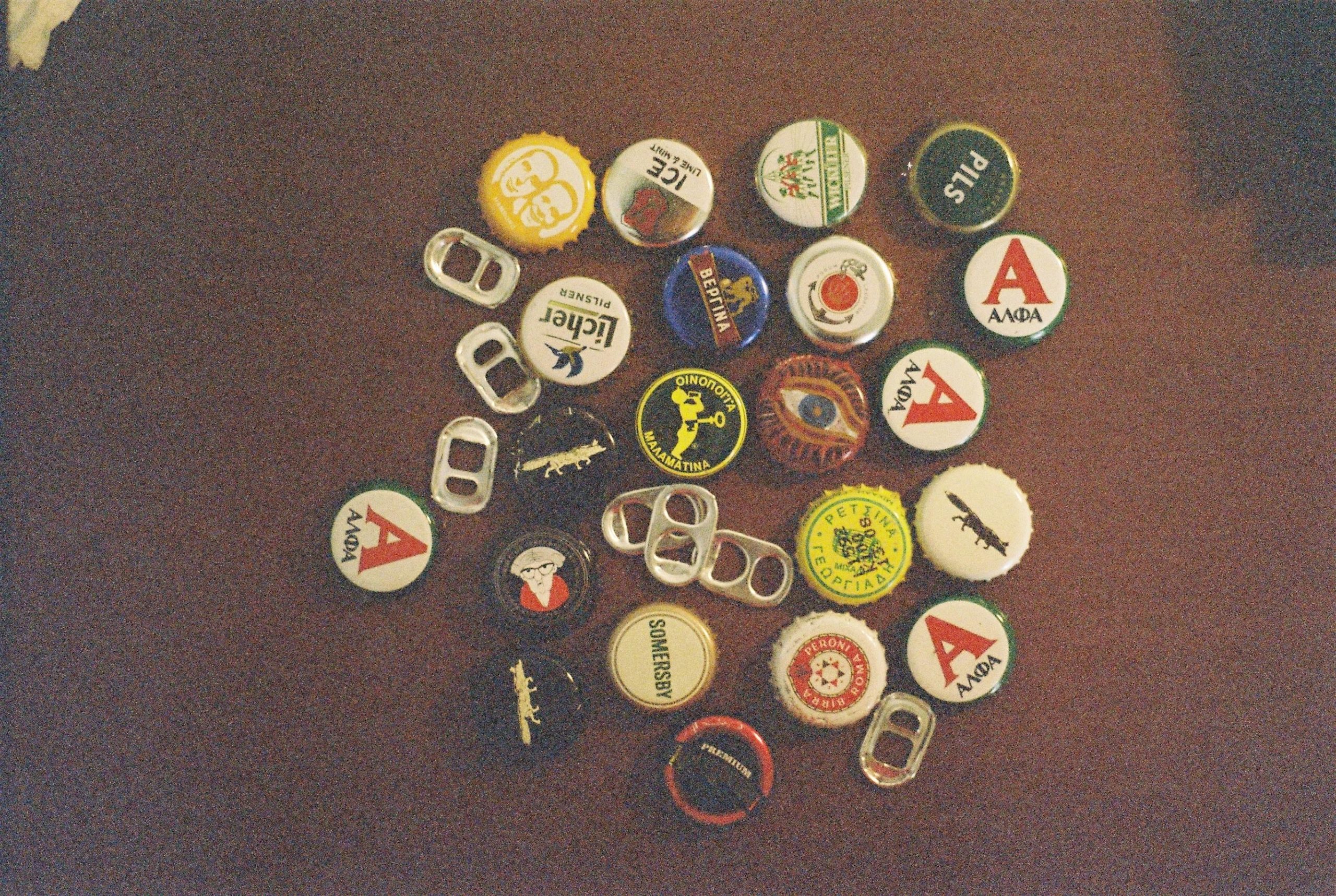Your cart is currently empty!

Steven Coulson
Steven has been drinking beers, wines and spirits for decades and has a propensity to go about them at length after a few drinks.
Latest Posts
- My wife found out our favorite Gin for martinis was discontinued. I think we are good for a while…

- Oregon Road Trip: Freeland Spirits Garden Botanicals Gin

- Botanist with Trader Joe’s Lemon and Elderflower Soda

- I’m one of the worlds leading buyers of craft gin in the world and a international spirit judge AMA

- I’m blown away…. By how let down I am by this Gin.

Categories
Tags
Social Links

Is Your Craft Beer Really Just Passionfruit Soda? New Findings Raise Questions
Recent industry reports have stirred up quite a conversation in the craft beer community, revealing that an astonishing 80% of beverages sold as craft beer may actually just be flavored passionfruit soda. This intriguing discovery raises important questions about authenticity, flavor profiles, and the true nature of what we classify as craft beer.
Craft beer has become synonymous with artisanal brewing, unique flavor combinations, and a deep connection to local communities. However, these findings suggest that many consumers may be unwittingly enjoying drinks that don’t align with the traditional definition of craft beer. Instead of the robust hops and malty undertones one might expect, these beverages might be delivering a sugary sweet explosion reminiscent of tropical soda.
So, what does this mean for beer enthusiasts and casual drinkers alike? The implications are significant. For consumers who value quality and craftsmanship, understanding the ingredients and brewing processes behind their favorite drinks is crucial. Knowledge empowers them to make informed choices, ensuring they are not settling for beverages that undermine the integrity of the craft beer industry.
As passionate advocates for craft brews continue to search for distinctive flavors and innovative brewing techniques, it’s essential for both producers and consumers to engage in meaningful conversations about what it means to create and enjoy true craft beer. Transparency in labeling and marketing becomes imperative for maintaining trust and integrity in this growing market.
As we move forward, let’s celebrate the diversity of flavors and experiences that craft beer has to offer—not just passionfruit soda masquerading as beer. By supporting genuinely crafted beverages and advocating for authenticity, we can ensure that the craft beer movement remains vibrant and true to its roots.
In light of this report, we encourage readers to explore local breweries, ask questions about brewing methods, and indulge in flavors that excite the palate. Craft beer is about more than just a trendy label; it’s about the story behind each pint, the passion of the brewers, and the shared experiences that come from the joy of tasting something truly unique. Cheers!
